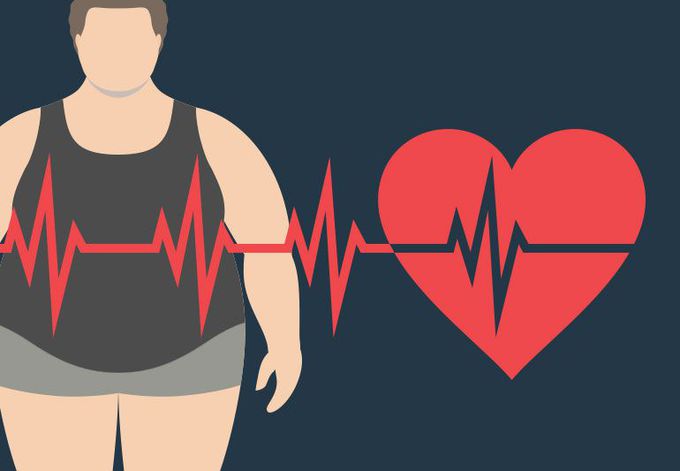


Obesity
Obesity is a complex disease involving an excessive amount of body fat. Obesity isn't just a cosmetic concern. It is a medical problem that increases your risk of other diseases and health problems, such as heart disease, diabetes, high blood pressure and certain cancers. generally caused by eating too much and moving too little. If you consume high amounts of energy, particularly fat and sugars, but do not burn off the energy through exercise and physical activity, much of the surplus energy will be stored by the body as fat. Excessive energy intake, physical inactivity, and genetic susceptibility are main causal factors for obesity, while gene mutations, endocrine disorders, medication, or psychiatric illnesses may be underlying causes in some cases as well. Obesity is diagnosed when your body mass index (BMI) is 30 or higher. To determine your body mass index, divide your weight in pounds by your height in inches squared and multiply by 703. Or divide your weight in kilograms by your height in meters squared. However BMI has limitations as well for instance, it cannot be applied to pregnant women's, and body builders. Common treatments for overweight and obesity include losing weight through healthy eating, being more physically active, and making other changes to your usual habits. Weight-management programs may help some people lose weight or keep from regaining lost weight. Prevention Exercise regularly. You need to get 150 to 300 minutes of moderate-intensity activity a week to prevent weight gain. ... Follow a healthy-eating plan. ... Know and avoid the food traps that cause you to eat. ... Monitor your weight regularly. ... Be consistent.

